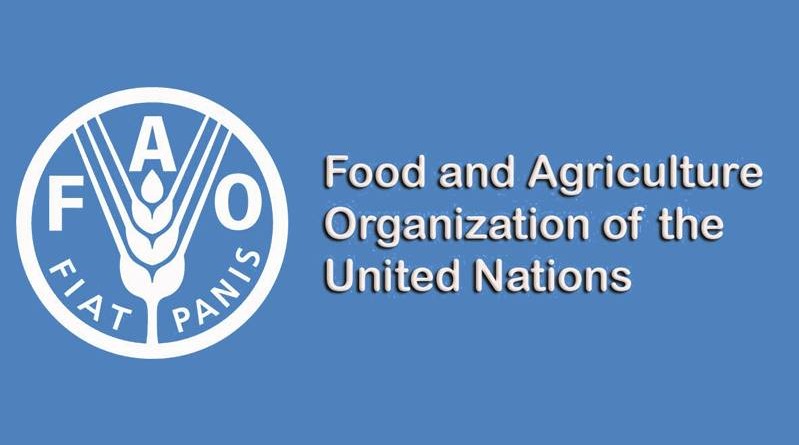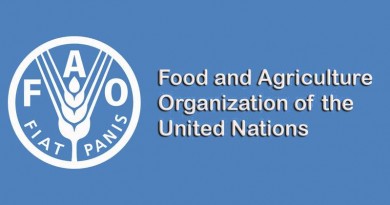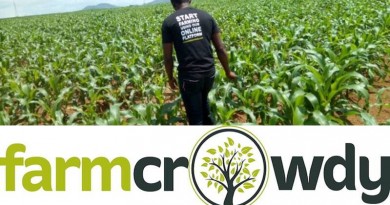Resilient agri-food systems at the centre of the 13th FAO Multidisciplinary Team meeting in Abuja
Nigeria’s administrative and political capital, Abuja, is hosting the 13th Multidisciplinary Team meeting of FAO in West Africa, from 15 to 17 March, 2022. More than 300 delegates are gathered in hybrid mode to discuss ways and means to “build resilient agri-food systems in West Africa and Sahel”.
The meeting is under the chairmanship of His Excellency, Dr Mohammed Mahmood Abubakar, Honorable Minister of Agriculture and Rural Development of the Federal Republic of Nigeria. It is being held at a time when, for the second year running, several ECOWAS member states are facing a major food and nutrition crisis. Vulnerable populations remain concentrated in the conflict-affected areas of north-eastern Nigeria (4.3 million) and the Liptako-Gourma loop (3.2 million). However, new pockets of food insecurity are emerging in the Gulf of Guinea, notably in Sierra Leone.
Interventions at the opening ceremony highlighted the challenges of agriculture in West Africa but also presented the various achievements underway or to come to contribute to the improvement of growth in the sub-region.
The FAO Representative in Nigeria, Fred Kafeero; the UN Resident Coordinator in Nigeria, Matthias Schmale; the FAO Sub-regional Coordinator for West Africa, Dr. Gouantoueu Robert Guéi; the Assistant Director General of FAO for Africa, Abebe HaileGabriel; the ECOWAS Commissioner for Agriculture, Environment and Water Resources, Sékou Sangaré and the Federal Minister of Agriculture and Rural Development of Nigeria welcomed the holding of this meeting to take stock of FAO’s achievements in West Africa in 2021 and share the main activities planned for the current year.
The conclusions of this meeting will help to orient the FAO Subregional Office in West Africa on the needs and visions of Governments, sub-regional economic institutions, sub-regional research institutions, Regional Producers’ Organizations and Technical and Financial Partners to achieve better production, better nutrition, a better environment and better live in the sub-region.




